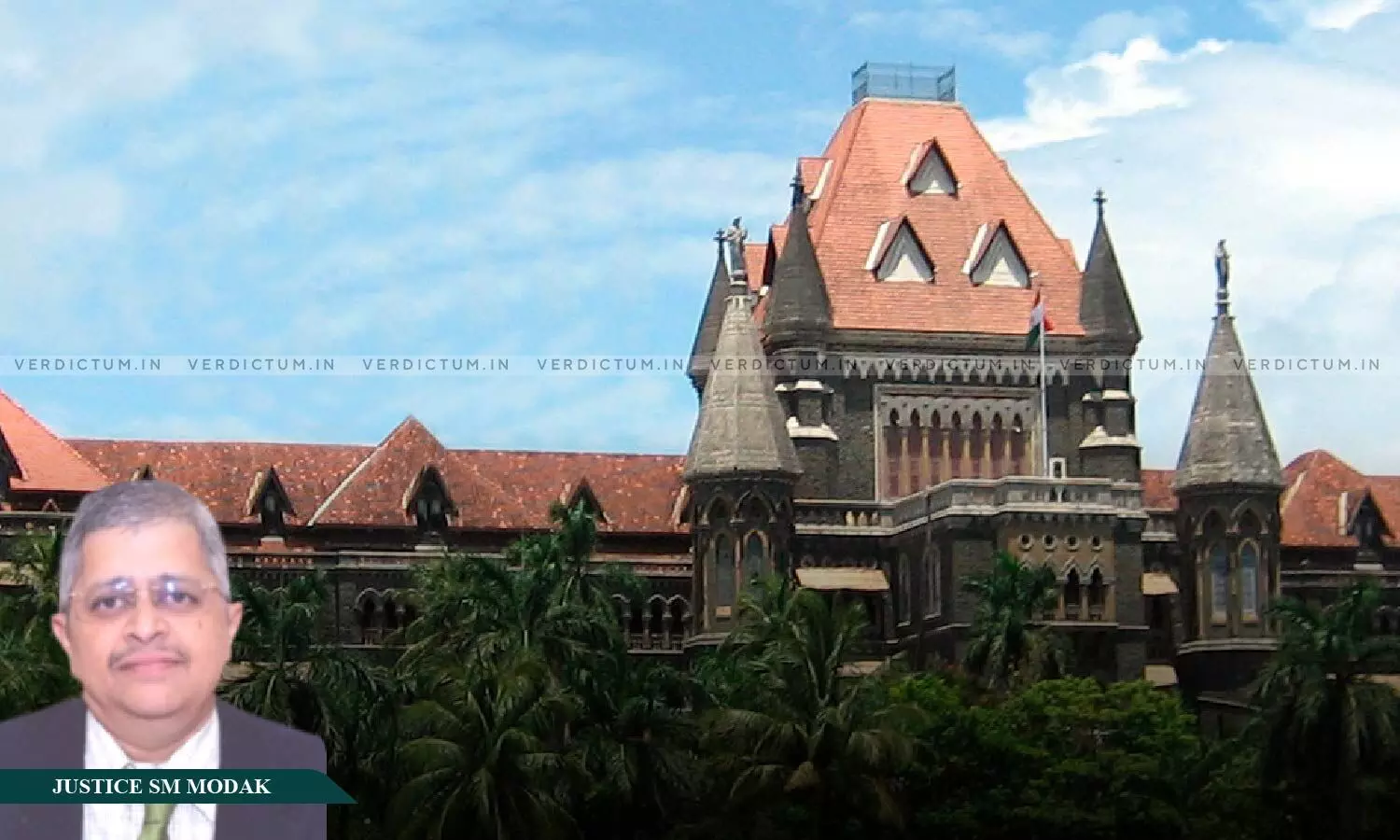
Presumption U/S. 29 POCSO Act Is Not Absolute; Triggers Only When Prosecution Can Prove Foundational Facts: Bombay HC
 |
|The Bombay High Court has observed that the presumption under Section 29 of the POCSO Act is not absolute and it is only triggered when the prosecution can prove the foundational facts in the first place.
In that context, the Bench of Justice SM Modak observed that, "the trial court simply cannot be convict the accused on the basis of the presumption. Because the Court cannot start with only on the basis of the presumption. However presumption will come into picture only when foundational facts are established. That is to say, age of the victim, either of the acts prescribed under Sections 3, 5, 7 and 9 of the POCSO Act are committed. One may not find such wordings in the section itself. But the Constitutional Courts have interpreted similar provisions relating ‘presumptions’ en-grafted in various Acts. This interpretation of the provisions of relevant Acts is arrived at after considering those provisions of Acts on one hand and presumption of innocence on the other hand. It is interpreted presumption of innocence is human right though not a fundamental right."
The Court also laid down certain guidelines about the approach to be taken by Courts on the background of the victim not supporting the prosecution case.
Counsel Kedar J Patil appeared for the appellant, while APP SR Agarkar and Counsel Sushan Mhatre appeared for the respondents.
In this appeal, the issue involved was whether the trial court was justified in convicting the Appellant only on the basis of corroborative evidence particularly when there was no substantive evidence.
Substantive evidence included oral testimonies from two eyewitnesses who retracted their statements given to the police. Corroborative evidence comprised unchallenged medical records and the testimony of a Judicial Magistrate who recorded the victim's statement under Section 164 of the Code of Criminal Procedure. The trial court considered partial testimonies from the victim and her relatives, who later turned hostile, along with corroborative evidence such as medical records admitted by the accused, observations from the court's denial of bail, and the magistrate's testimony. Based on this, the trial court concluded the Appellant's guilt and convicted him of the charges.
The High Court observed that the foundational facts had not been proved, and held that, "trial court was wrong in taking recourse to the presumption under Section 29 of the Protection of Children from Sexual Offences Act."
Subsequently, the Court stressed the necessity to amend the provisions of the law on the point of uplifting the status of the statement of the victim recorded by the Judicial Magistrate. It also laid down certain guidelines about the approach to be taken by Courts on the background of the victim not supporting the prosecution case, which were:
If victim has not supported, then first ascertain :-
a) if she has not at all supported or
b) partly supported,
c) If partly supported then find out:-
(i) facts supported and more importantly the evidentiary value.
d) Find out corroborative materials.
e) then assess, its evidentiary value,
f) then consider together, the portion supported plus the corroborative materials.
g) then come to conclusion about the guilt.
h) The presumption can be resorted only when foundational facts are proved and not otherwise.
In light of the same, the appeal was allowed.
Cause Title: Deelip Tatoba Raje vs The State of Maharashtra & Anr.
Click here to read/download the Judgment